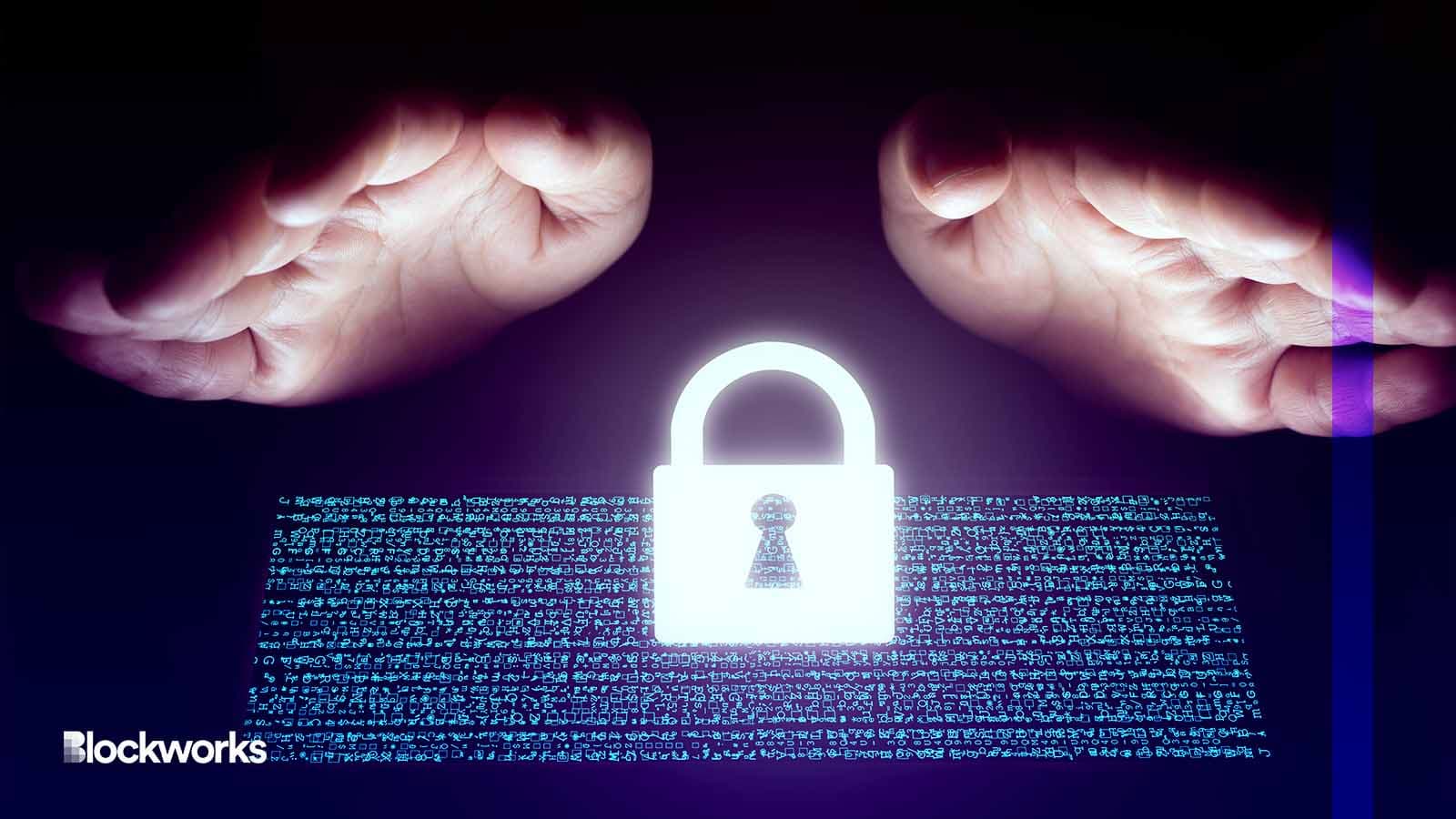Privacy is paramount, and zero-knowledge cryptography is the way
From Green Beret to civilian advocate, Alex Pruden relates his personal path to privacy tech

Achira22/Shutterstock modified by Blockworks
In a swiftly changing world, financial security is of the utmost importance. In the United States in particular, it’s easy to take for granted the privileges we enjoy. US citizens by and large live in a system in which basic rights and liberties are respected by the government.
But this is not the norm on a global scale. What emerges from this realization is a disquieting question: How can we best protect our financial freedom?
This question is what inspired my transition from a soldier fighting the Global War on Terror to joining the blockchain/crypto industry to promote digital financial liberty.
My personal experience led me to worry about the fact that financial security can be taken away in mere moments if someone is deemed a threat by a government.
Satoshi Nakamoto grappled with similar issues in the original bitcoin white paper, designing the Bitcoin network to resist attacks from centralized actors.
“As long as a majority of CPU power is controlled by nodes that are not cooperating to attack the network, they’ll generate the longest chain and outpace attackers,” he/they wrote.
During deployments as an officer in the US Army, I came to realize the potential of blockchain technology and digital assets to solve both structural economic problems in the Middle East, as well as provide greater financial access and liberty to the citizens that live there. My time in Afghanistan, Iraq and Syria exposed me to the grim reality of war and the underlying economic causes and impacts.
In the current climate, much of the attention in the space has been centered on DeFi hacks, where millions are siphoned into anonymous wallets. However, the more daunting threat lies just beyond: data breaches.
As blockchain applications reach mainstream adoption, we must anticipate a shift from simple token theft to compromising data on a massive scale. The concerns over data coming out of emerging platforms, like Friend.tech, serve as early warnings, hinting at future incidents that could rival the devastating 2017 Equifax leak, which exposed the personal data of 147 million individuals.
In Syria, when civil war broke out in the country in 2011, those who were “suspected rebel sympathizers” (determined via a completely opaque process, as you can imagine) found their bank accounts frozen and assets seized by the government.
This underscores the importance of privacy technology in the crypto ecosystem. Imagine a world where, instead of being public-by-default, we are private-by-default. Revealing only the data necessary for verification, sharing only the essential details rather than laying bare our entire life story. Zero-knowledge (ZK) cryptography offers this promise.
Reading the Bitcoin white paper while stationed in Turkey, I imagined a new world of technological innovation that could help to redress the impact of war on innocent civilians.
I began to consider the US financial system with newfound interest after that deployment as well. The realization that traditional financial institutions globally are oriented towards a privileged fraction of humanity, leaving millions without access to the economy, impacted me greatly.
De Oppresso Liber, or “Free the Oppressed,” is the US Army Special Forces’ motto. As our social interactions and financial transactions increasingly move online, it opens a dangerous new avenue for oppression. By promoting decentralized technologies like cryptocurrencies and zero-knowledge cryptography, I can continue fighting oppression by enabling people to protect their digital liberties.
ZK tech empowers users with unparalleled control over their information, ensuring only relevant parties can verify details without direct access, and users determine the extent of data shared.
In a world where data is the new gold, ensuring its privacy is paramount.
Get the news in your inbox. Explore Blockworks newsletters:
- The Breakdown: Decoding crypto and the markets. Daily.
- 0xResearch: Alpha in your inbox. Think like an analyst.






